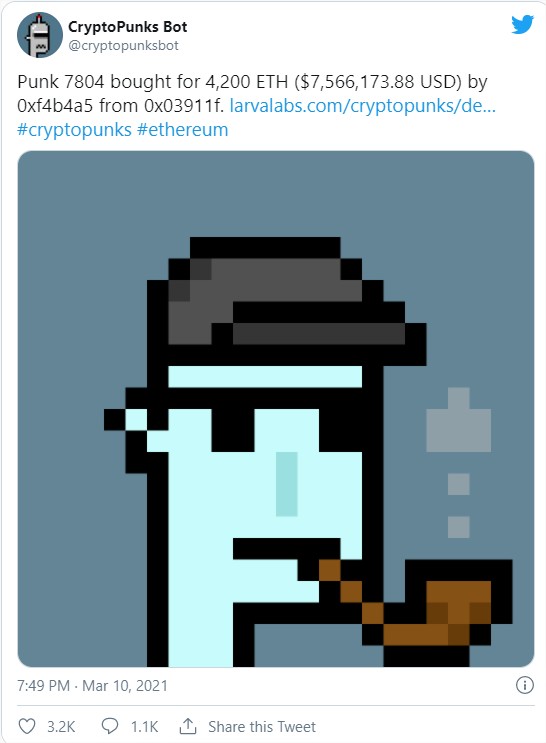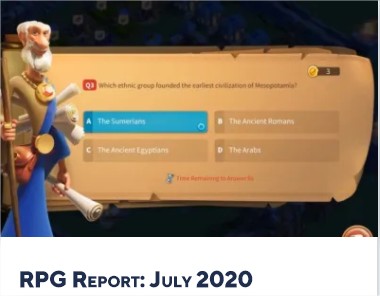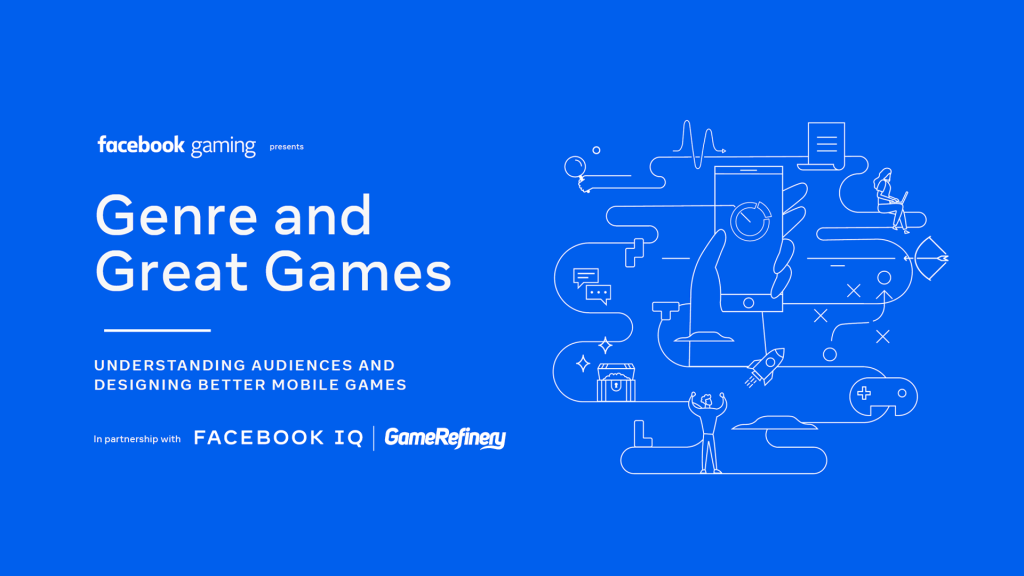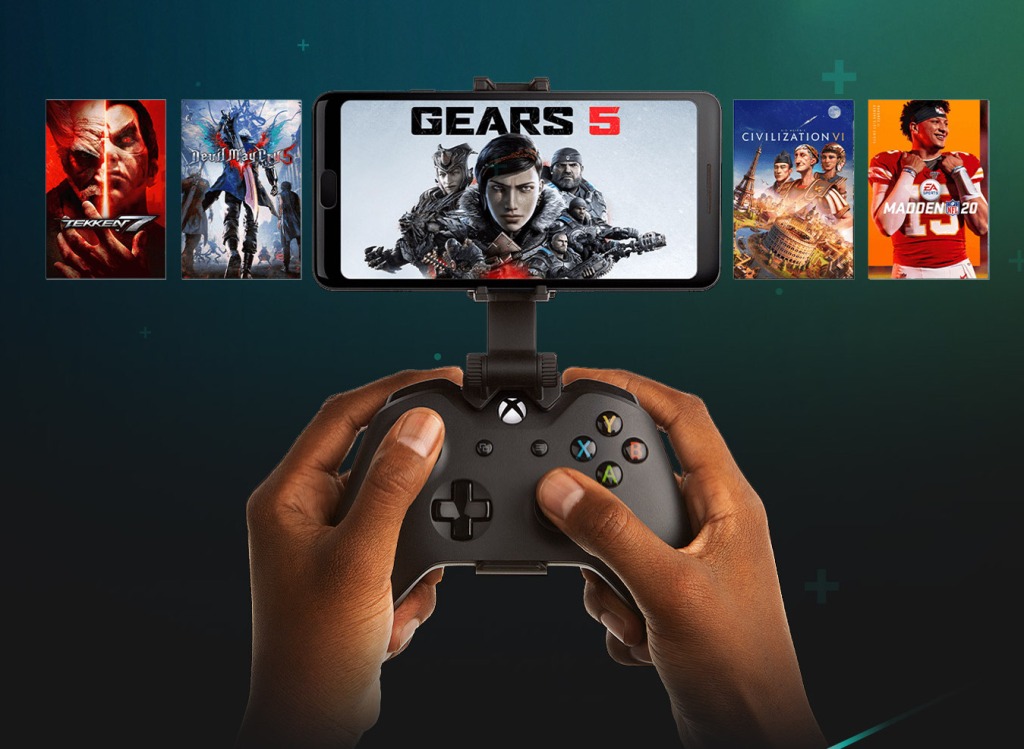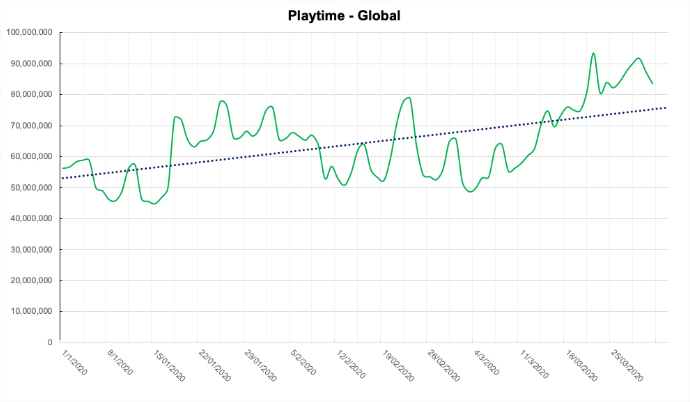This is to me an interesting topic that have been raised by a game designer that I work with. Unfortunately, since we are all working from home, we didn’t have the chance to dig that aspect all together but I have to admit that this affirmation makes me jump a little!
I think in fact that this affirmation is not true and not false at the same time. It’s all depends on what steps you are in your product development. Guts feeling is good at the early stage but you should be less guts feeling driven compare to being data-driven.

In reality, the sooner you put your product in the user’s hand, the sooner you will stop being doing hypothesis and the sooner you will be able to identify its real value. But it’s not that easy right!
Here are some intersting example:
You know Youtube right? did you know that the first iteration of youtube was a dating service based on video profiles?
You can find all the youtube history detailed following this link
The Flickr case
Do you have any idea of what was the intended first version of Flickr?
Flickr is an image hosting service and video hosting service but at first, it was a feature of an online game called “Game Neverending” where player can post images while playing*
This is just a few examples of success story where the final product result wasn’t what was intended at first.
Of course, there will be always places for guts feeling, some extraordinary people will have that capacity to innovate and bring something totally new to the world that we lived in. We can think a few successful examples but this is not the majority.
At the end of the day, my answer will be that you need both but not always. The biggest problem that I have seen with people developing products is that they do believe so much in what they are creating is that they consider more their guts feeling than data. This is a really dangerous situation that may lead some people to take the wrong decision and may have a huge impact on their product business potential.
Here’s one example amongst few that can help to illustrate my point
Some people on the production team believe (guts feeling) that users deliberately change their behaviour to exploit live ops events and benefits of an easy challenge to gets their reward. By doing so, they were at the same time ruin the new player experience that was facing a too brutal challenge from their progression level that they where. This was from their point of view, the reason why the new user’s churn increase since few updates.
Early high-level analysis indicated that the problem was present but the reason given by my teammate wasn’t real. In fact, if some player changes how they play to exploit the game, this was a marginal behaviour that we weren’t able to identify through data.
Our deeper analysis shown is that the identified problem suggested by the development team wasn’t the real one. In reality, the problem was different, the analysis showed that it was only a question of balancing and can be “easily” fixed by tweaking one parameter in the game.
At the end of the day, putting more emphasis on guts feeling that data may lead your product to underperforming and sunset sooner than expected leading to a negative source of revenue instead of a positive one.
If you like the article, don’t hesitate to add comment, share it and follow me!
Source: https://techcrunch.com/2008/04/02/game-neverending-rises-from-the-dead/

